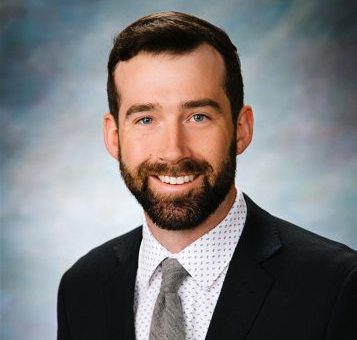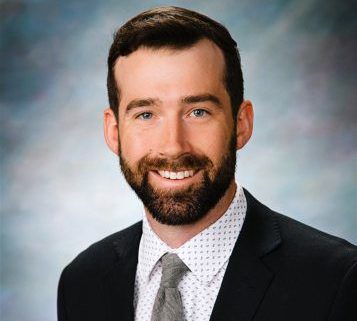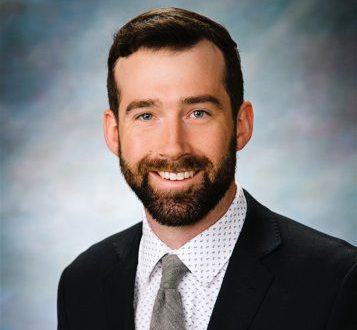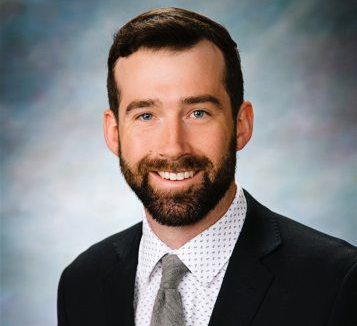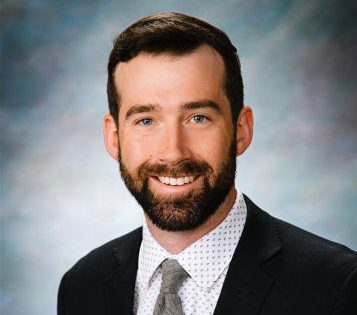As our community begins reopening weeks after the initial shock of the COVID-19 crisis, many of us are understandably excited to begin returning to aspects of our regular lives.
But we must remember that we are in for a long recovery that could be interrupted by new outbreaks. As a community, we must continue to work together to ensure that those who have felt the biggest impacts in the past three months receive the resources they need to fully participate in our recovery.
Helping people meet their basic needs during the pandemic has been the Community Foundation of Greater Dubuque’s priority since activating the Greater Dubuque Disaster Recovery Fund. We have kept a close watch on local needs, communicating weekly with leaders of local nonprofits, and found that seniors on fixed incomes and low-income residents have been hardest hit.
These are the residents who require the most immediate help, as they face significant hurdles to caring for their well-being. Loss of income, transportation issues and language barriers are among the challenges that have made routine tasks, from shopping to visiting the doctor, more difficult since the pandemic began.
A gradual reopening of the economy won’t make an immediate difference for many people. Hundreds of people locally have lost jobs. Service calls to 2-1-1 are 35% higher than by this time last year, and much of that increase is due to calls related to COVID-19.
This tells us that many residents will continue to rely on the services of nonprofits to feed their families, address their health, assist with child care and meet other needs for the foreseeable future.
In addition, we’ve seen residents struggle to pay their rent and mortgages, and concerns about homelessness have grown. The recovery won’t be fully successful if people fall through the cracks along the way.
One of the most impactful ways everyday people can help is by giving. The Disaster Recovery Fund is our region’s primarily tool for quickly deploying funds to address urgent needs. Since March, the Community Foundation has made more than $630,000 in grants from the fund, with each dollar going to organizations that help meet basic needs.
With schools closed, the fund has helped provide 11,500 meals per week to Dubuque children and purchase food for five area pantries. Grantee organizations like St. Vincent de Paul and the Salvation Army of Dubuque have helped dozens of people pay rent, while Substance Abuse Service Center has been able to conduct hundreds of telehealth consultations.
As the economic reopening takes shape, many of these needs will exist, and our community members could face new ones. The need to quickly help people endure the downturn and get back on their feet will continue.
With this in mind, the Disaster Recovery Fund will remain an essential way to aid in our recovery, even long after the early stages of reopening.
For many of us, the COVID-19 crisis is unlike anything we have encountered in our lifetimes, and a full recovery will take a community-wide effort. We’ve made a big impact so far — now let’s keep the momentum going.


